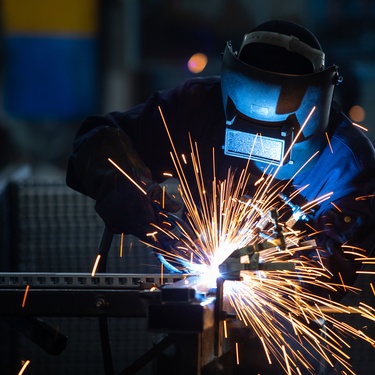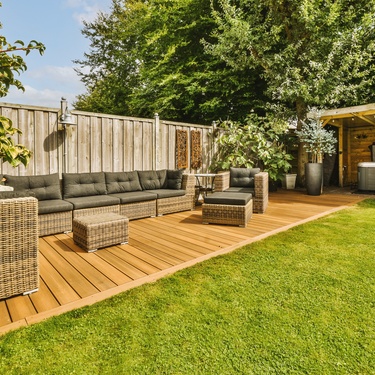
Whether you're just starting your welding journey or you've been laying beads for years, there's always room to grow your skills. Great welding separates the pros from the hobbyists, and the difference often comes down to mastering the fundamentals while continuously pushing yourself to improve. These expert tips will help you improve your welding skills, produce cleaner joints, and work more efficiently on every project.
Master Your Welding Techniques
Your technique forms the foundation of everything you do with a torch in your hand. Focus on maintaining a steady travel speed and consistent arc length throughout each pass. Many welders rush their work, but smooth, controlled movements produce far better results than hurried attempts.
Keep your electrode angle consistent and watch your puddle formation closely. The molten metal should flow smoothly behind your electrode, creating an even bead profile. Practice your hand positioning and body mechanics until they become second nature.
When you can maintain steady control without thinking about it, you'll notice immediate improvements in bead appearance and penetration quality.
Maintain Your Equipment Properly
Clean, well-maintained equipment performs better and lasts longer than neglected gear. One of the most important tips for improving your welding skills is to check your consumables regularly and replace them before they affect your work quality. Dirty contact tips create erratic arcs and poor feeding, while worn liners cause wire feeding problems that show up as inconsistent beads.
Keep your welding machine clean and inspect cables for damage or loose connections. Clean spatter from your gun nozzle after each session, and make sure your gas flow rates stay within proper ranges. Regular maintenance prevents frustrating equipment failures during critical moments and keeps your welds consistent from start to finish.
Choose Your Consumables Carefully
Choosing the right consumables makes a significant difference in weld quality and ease of use. Select electrodes or wire that match your base material and intended application. Different rod types excel in specific situations. Some penetrate deeper, others produce smoother finishes, and certain varieties work better in challenging positions.
Pay attention to storage conditions for your electrodes, as moisture absorption affects their performance dramatically. Keep your shielding gas mixture appropriate for your welding process and material thickness. Quality consumables cost more upfront but produce better results and reduce the frustration of fighting poor-performing materials.
Improving your welding skills requires consistent practice and attention to detail. Every hour you spend developing these fundamentals pays dividends in the quality and efficiency of your future work.
Bio: Casey is a passionate copyeditor highly motivated to provide compelling SEO content in the digital marketing space. Her expertise includes a vast range of industries from highly technical, consumer, and lifestyle-based, with an emphasis on attention to detail and readability.

























